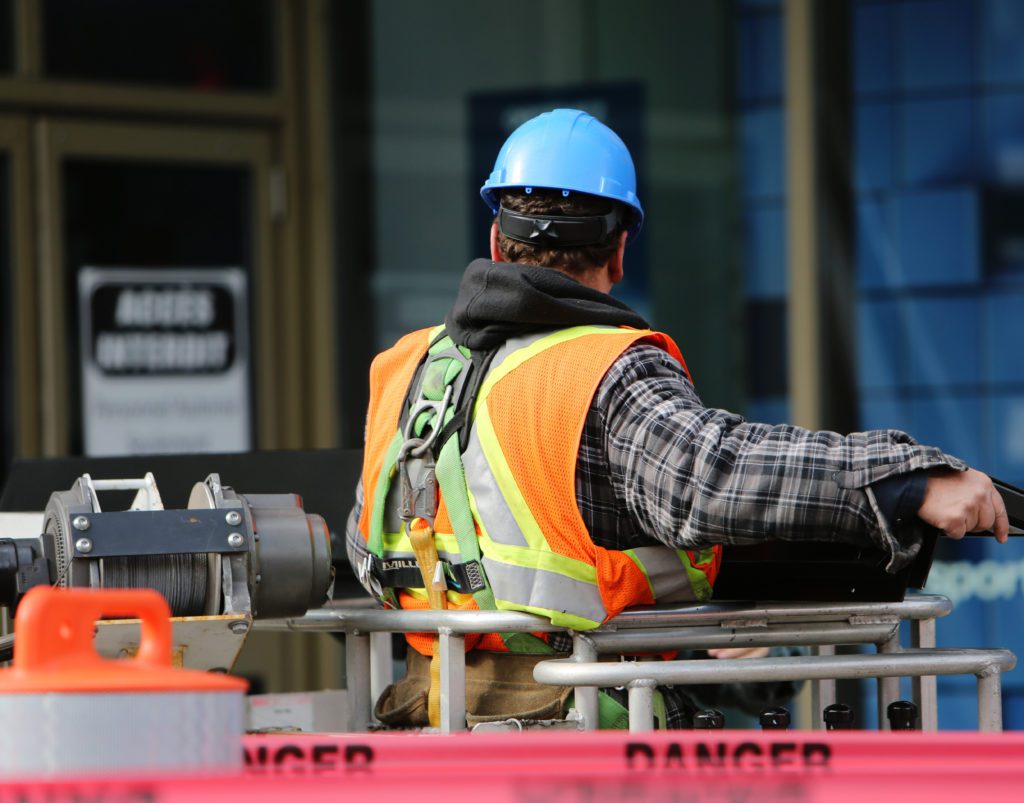Workers’ Compensation Requirements for the Construction Industry
Reading Time: 4 minutes
Get hit with a stop-work order recently? For the construction industry, there are many requirements to abide by when it comes to workers’ compensation coverage. If you want to avoid being issued a stop-work order or penalty assessment, read my blog regarding the requirements of workers’ compensation pertaining to the construction industry in Florida.
Overview
Chapter 440, Florida Statutes, governs the requirements of obtaining workers’ compensation in Florida, and gives the Department of Financial Services, Division of Workers’ Compensation (“DFS”), the authority to regulate this aspect of the construction industry. Under § 440.10, § 440.107(2), and § 440.38, Florida Statutes, every “employer” is required to secure the payment of workers’ compensation for the benefit of its employees unless exempted or excluded under Chapter 440, Florida Statutes. Strict compliance with the Workers’ Compensation Law is required by the employer.[1]
Workers’ Compensation Law – Construction Industry
In order to be in and maintain compliance, you must first analyze the industry your business operates in. § 440.02(8), Florida Statutes, defines “construction industry” as for-profit activities involving any building, clearing, filling, excavation, or substantial improvement in the size or use of any structure or the appearance of any land. This section also gives DFS the authority to establish, by rule, the codes and definitions which meet the criteria of the term “construction industry.” Rule 69L-6.021, Florida Administrative Code, was implemented and includes an assortment of construction trades. Thus, it is imperative you analyze whether your business fits within one of the construction trades identified by the rule.
The next step is to analyze whether the people that work for your business are required to have workers’ compensation coverage. “Employment,” as it relates to the construction industry, includes all private employment where one or more employees are employed by the same employer.[2] For the purposes of the construction industry, “employee” includes:
- All persons who are being paid by a construction contractor as a subcontractor, unless the subcontractor has validly elected an exemption as permitted by this chapter, or has otherwise secured the payment of compensation coverage as a subcontractor, consistent with § 440.10, Florida Statutes, for work performed by or as a subcontractor;
- An independent contractor working or performing services in the construction industry; and
- A sole proprietor who engages in the construction industry and a partner or partnership that is engaged in the construction industry.[3]
Contractors have a duty to confirm all of their subcontractors (including all employees of the subcontractors) have workers’ compensation coverage; if a contractor fails to confirm compliance, a penalty will be assessed against the contractor.[4] When determining whether a person is a statutory employee under § 440.02(15)(c), Florida Statutes, the determinative question is whether the services were performed “in the construction industry.” See Lovering v. Nickerson, 72 So.3d 780, 782 (Fla. 5th DCA 2011); see also Bend v. Shamrock Servs., 59 So.3d 153, 155 (Fla. 1st DCA 2011) (recognizing that painting was a type of service within the construction industry); see also Department of Financial Services, Division of Workers Compensation v. Norris, Case No. 08-4827 (Fla. DOAH Apr. 1, 2009) (the question to be answered under § 440.02(15)(c), Florida Statutes, is whether the company owner was operating in the construction industry).
Independent Contractors
The term “employee” includes “an independent contractor working or performing services in the construction industry.”[5] While this may be shocking, in the construction industry, the “employee” definition “eliminates any legal significance in the distinction between an employee and an independent contractor under the Workers’ Compensation Law.” See Bend, 59 So.3d at 155; Department of Financial Services, Division of Workers’ Compensation v. Perma-Seal, Inc., Case No. 16-2659 (Fla. DOAH October 12, 2016). Therefore, with respect to the construction industry, an employer is required to obtain workers’ compensation for independent contractors.
Conclusion
There are a variety of requirements when it comes to obtaining workers’ compensation in the construction industry. Penalty assessments and stop-work orders can devastate a business. Make sure that your business is staying in compliance by reviewing the requirements for workers’ compensation and discussing with your attorney or insurance representative.
[1] See C & L Trucking v. Corbitt, 546. So. 2d 1185, 1187 (Fla. 5th DCA 1989); Department of Financial Services v. L & I Consolidated Services, Inc., Case No. 08-5911 (Fla. DOAH May 28, 2009); Department of Financial Services, Division of Workers’ Compensation v. Perma-Seal, Inc., Case No. 16-2659 (Fla. DOAH October 12, 2016).
[2] § 440.02(17)(b)2., Florida Statutes.
[3] § 440.02(15)(c), Florida Statutes.
[4] § 440.10(1)(b), F.S.; Rule 69L-6.032, Florida Administrative Code.
[5] § 440.02(15)(c)2., Florida Statutes.


